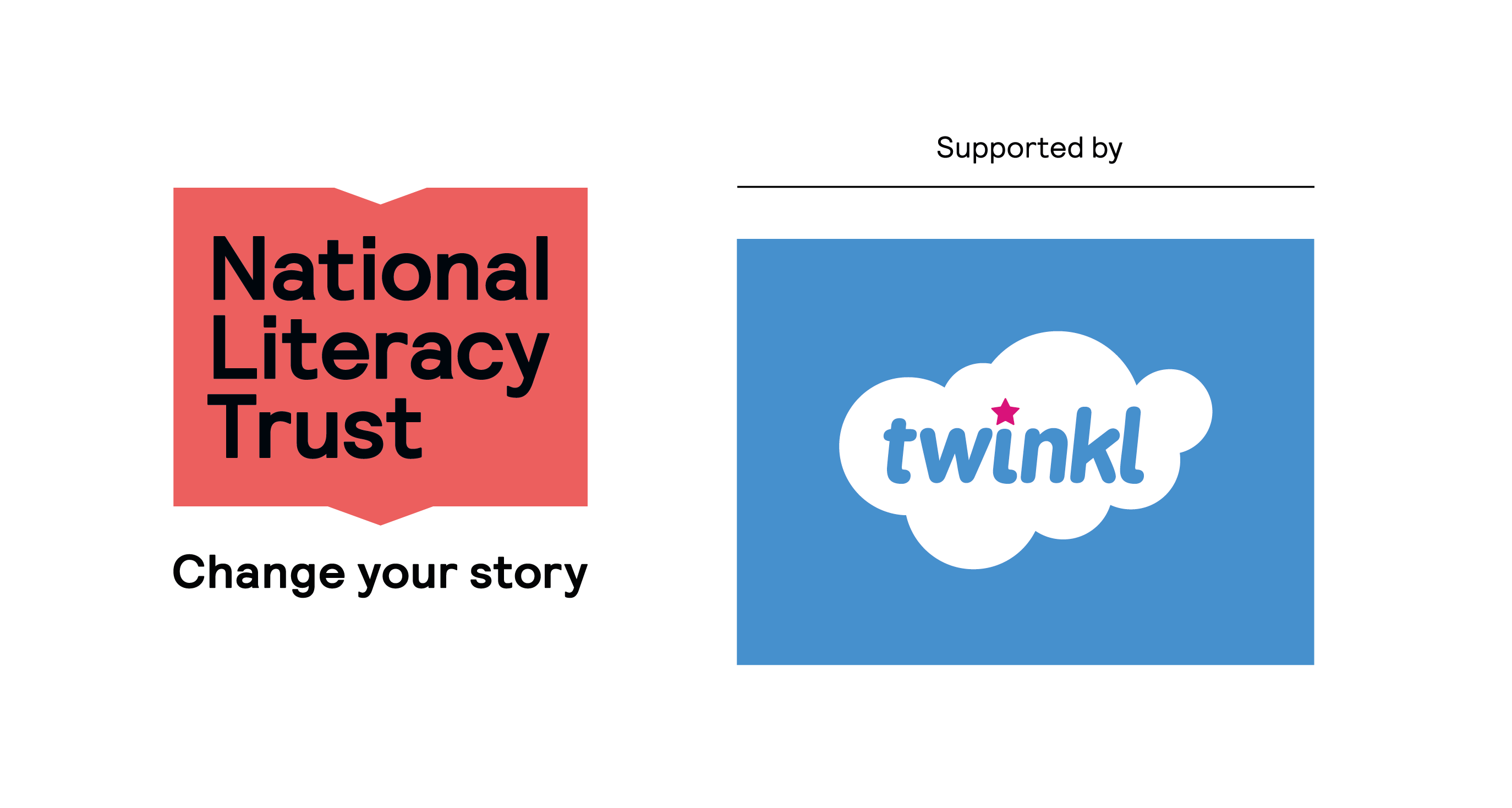
This report outlines findings from our 2025 Annual Literacy Survey, exploring children and young people’s writing enjoyment in their free time.
This report is based on 114,970 responses to our Annual Literacy Survey from children and young people aged 5 to 18 in schools across the UK in early 2025. Findings show that writing enjoyment levels are at their lowest since 2010.
Key findings in 2025:
- Only 1 in 4 (26.6%) children and young people aged 8 to 18 said that they enjoy writing in their free time.
- Levels of writing enjoyment have almost halved over the past 15 years, decreasing by 20.2 percentage points since 2010.
- Enjoyment levels dropped for all children and young people in 2025, but the decline was particularly pronounced for primary-aged children, with enjoyment in this group dropping by 6 percentage points over the last year.
- Continuing a 15-year trend, more children and young people receiving free school meals (FSMs) enjoyed writing than their non-FSM peers (31.1% vs 25.0%).
- Just 1 in 10 (10.4%) children and young people told us that they wrote something daily in their free time.
- Daily writing levels stabilised somewhat over the last year, decreasing by 0.7 percentage points between 2024 and 2025, after halving between 2023 and 2024. They are, however, at historically low levels in 2025, as part of a sustained downward trend.
- Daily writing declined with age. While 2 in 5 children aged 5 to 8 wrote daily in their free time, just 1 in 10 of those aged 11 and older did so.
- Five times as many children and young people aged 8 to 18 who enjoyed writing wrote something daily compared with those who didn't enjoy writing (25.2% vs 5.0%).
- Of children and young people aged 8 to 18 who wrote at least once a month, 1 in 2 (48.7%) did so to be creative, while more than 2 in 5 wrote to express their ideas and imagination (45.8%) or their thoughts and feelings (40.8%).
- Many also wrote to support their mental wellbeing, with 2 in 5 (37.0%) writing to relax and 3 in 10 (31.4%) because it made them feel happy.
- Even among those who don’t enjoy writing, there are signs of what might spark re-engagement. Having more autonomy and choosing their own topics or formats is especially motivating, as is responding to inspiring prompts or writing about personal experiences.
- Teenagers are harder to reach and tend to respond less strongly to both creative and social motivators, although personal relevance has some impact.
Findings show that the writing crisis among children and young people in the UK continues into 2025, with writing and frequency at an unprecedented low. This deepening disengagement has concerning long-term implications for literacy and learning. While there is no single solution, it is clear that writing enjoyment must be positioned as a meaningful, personal and empowering part of children and young people’s lives.
With thanks to Twinkl for supporting this report.
